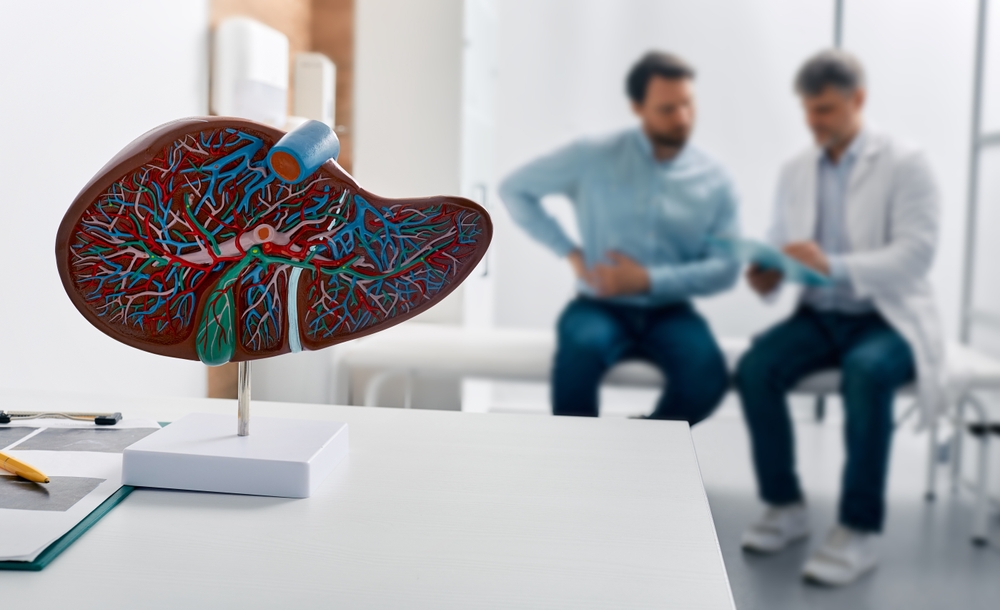Stem cell treatment can supercharge your recovery process and even help your body combat chronic conditions, but it isn’t a fast-acting method. At the end of the day, stem cells need to first integrate into your system, and then they need to start working your magic.
This is because the first thing you need to know when you ask, “What are stem cells?“ is that stem cells can either be from your own body or from a donor’s. If your stem cell treatment is from a bone marrow transplant, then there’s less risk that your body will reject the cells, but you’re also likely undergoing a more severe treatment option.
Either way, it is important that you invest in your aftercare regimen. This means taking it easy, resting, and eating right.
So, if you were wondering, what should I eat after stem cell treatment? Then you’ve come to the right place.
Why Your Post-Treatment Diet is So Important
Your body undergoes a period of repair and total regeneration after stem cell treatments. While the only big diet recommendation is to avoid foods that come with risk (like sushi, or undercooked meats), there are many foods that you should eat to help support your body during this very important time.
With the right diet, you can give your body the nutrients it needs to promote cell growth, reduce inflammation, and boost your immune system. In short, a great diet can actually help increase your chances of experiencing good results after your stem cell transplant.
What to Expect from the Post-Injection Period
Most of our treatments are done through IV, requiring no recovery time. However, those who need a more intensive injection may experience soreness and even bruising. Other than that, however, you’ll want your boosted diet to really focus on recovering from your chronic condition, which has now helped with the new stem cells in your body.
To monitor your recovery, our team at Bioxcellerator will call and check in with you. If there are any concerns or you want more advice on what to do, just let that team member know. It is imperative that you stay communicative and honest with your stem cell provider so that you can increase your chances of treatment success.
What Should I Eat After Stem Cell Treatment?
You need your body to accept the stem cells, heal from the injection, and then ramp up healing with those new cells. This takes a lot of energy, and while resting can do a lot, you’ll also want to improve your diet and eating habits to ensure your body has all the vitamins and nutrients that it needs in order to thrive. The stem cell therapy cost can be high for many, so if you choose to invest in this treatment for yourself, it is paramount that you follow up with a thorough aftercare regimen – including your diet.
To help you successfully transition through your aftercare period, use these diet tips:
Protein
Protein fuels cells, helping them repair and regenerate after an injury. As such, it’s essential that transplant patients get high-quality protein from sources such as cooked meat, cooked eggs, nuts, or tofu.
When it comes to getting your protein from meat, make sure you’re only eating cooked meat. Cook your red meat, poultry, fish, and eggs to eliminate the risk of contracting salmonella or E. coli. These bacteria can wreck your immune system, so to reduce the risk, make sure the internal temperature of your meats is around 160°F before you eat.
Omega-3
While you will primarily find omega-3 in fish, especially in fatty fish like salmon, mackerel, or sardines, you can also find it in flaxseeds, chia seeds, and nutritional supplements. It’s known for its anti-inflammatory properties, but that’s just the start. Omega-3 works to support cell membrane health and function, too.
Antioxidants
Antioxidants are another source of anti-inflammatories. They also work to protect and relieve the body of oxidative stress and free radical damage, which can harm your recovery journey. The good news is that there are so many sources of antioxidants. You can get them from fresh or dried fruits, for example, as well as colorful vegetables or even green tea.
Vitamins to Focus On
Vitamins and minerals are the bread and butter of your body, and it’s important to try to get them through whole foods before you turn to nutritional supplements. Another key tip when getting vitamins is that hot food may not be your best bet when it comes to fruits and vegetables. Cooking breaks down certain vitamins, so if you want the biggest boost to your health, you’ll want to eat them raw (this does not include meats).
Though not extensive, the top vitamins you’ll want to focus on for your recovery include:
- Vitamin C
- Vitamin D
- Zinc
- Iron
What to Avoid: Top Meals and Food Preparation No-Nos to Keep in Mind
Food preparation is essential when it comes to maintaining a healthy diet during a recovery period. This is particularly true when handling raw meat or eggs since cross-contamination can easily happen. The last thing you want is to develop an illness, especially one that is bacteria born, as this can counteract your stem cell treatment. To reduce the risk of cross-contamination, avoid re-using plates or utensils that have touched raw meat until you have cleaned them, keep ingredients separate, and only eat fully hot food rather than raw or undercooked.
You will also want to avoid foods that cause inflammation. These are foods that are high in salt, saturated fats, and the like. These simple changes can help your body focus on healing your condition rather than repairing damage caused by a poor diet.
Ask Your Physician for More Detailed Information
These are just general recommendations, of course, so if you would like a more specific rundown on what you can do to better your post-injection period, speak to your physician. You can ask about food recommendations, get the full rundown on what are stem cell injections, exactly, what type of payment plans are available, and so much more.
There are many different locations we cover as well, so you’re sure to find something nearby. Call, book an appointment, or even send us an email.


